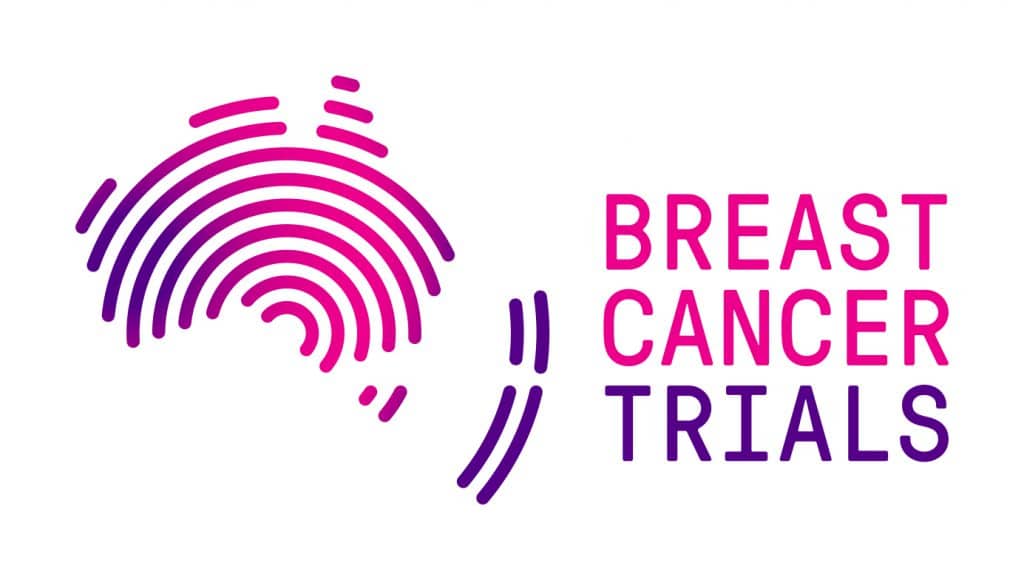Ovarian Suppression Reduces Breast Cancer Recurrence for Some Young Women
New clinical trial research has found that young women with hormone-sensitive breast cancer who received chemotherapy and had not reached menopause, benefit from ovarian function suppression, reducing the risk of recurrence.
The results of the International Breast Cancer Study Group SOFT (Suppression of Ovarian Function Trial) clinical trial were announced at the annual meeting of the San Antonio Breast Cancer Symposium in Texas, USA, and were published online in the New England Journal of Medicine (www.nejm.org).
Young women with breast cancer may have a poorer prognosis because the hormone oestrogen, which is produced by the ovaries before menopause, can stimulate the growth of cancer cells in patients with hormone-responsive breast cancer. If normal ovarian activity is stopped (ovarian function suppression), the production and action of oestrogen is decreased and growth of hormone-responsive breast cancer can be suppressed. Chemotherapy often results in ovarian function suppression by causing menopause, but this occurs less commonly in younger women.
The SOFT clinical trial found that treatment with tamoxifen plus ovarian function suppression reduced the relative risk of developing invasive breast cancer recurrence by 22% in women who did not transition into menopause after receiving chemotherapy, when compared to treatment with tamoxifen alone. A secondary analysis showed that further benefit could be gained by treating these women with an aromatase inhibitor exemestane plus ovarian suppression, which reduced their relative risk by 35%, compared to tamoxifen alone, resulting in 7 to 8 fewer women out of 100 having a breast cancer recurrence within 5 years.
The trial also found that women who did not receive chemotherapy, as decided with their doctor, had few relapses within 5 years with tamoxifen alone, and did not seem to benefit from the addition of ovarian function suppression. These women had cancers with a lower risk for recurrence than the women who received chemotherapy.
The SOFT clinical trial was conducted in Australia and New Zealand by the Australia and New Zealand Breast Cancer Trials Group (ANZBCTG). More than 3,000 women were enrolled in the clinical trial worldwide, including 240 women from Australia and New Zealand. Associate Professor Prue Francis is the Vice Chair of the ANZBCTG’s Scientific Advisory Committee and the International Co-Chair of the SOFT clinical trial. A/Prof Francis presented the results at San Antonio and was the lead author of the publication.
“The SOFT clinical trial results indicate that the group of women who remained premenopausal after chemotherapy can benefit from ovarian function suppression, however women aged under 35 years seem to derive a particularly large benefit from ovarian suppression,” Associate Professor Prue Francis said.
“The results of the SOFT clinical trial will result in changes to clinical practice in the treatment of breast cancer in young women. For women who have not reached menopause and have a hormone receptor-positive breast cancer that carries sufficient risk of recurrence to receive chemotherapy, doctors are likely to discuss the option of treatment with ovarian suppression plus an aromatase inhibitor as an alternative to tamoxifen. For the very youngest women with hormone-receptor-positive breast cancer, ovarian suppression will increasingly be recommended.”
The ANZBCTG is Australia’s national organisation dedicated entirely to breast cancer research. It conducts a national clinical trials research program for the treatment, prevention and cure of breast cancer. The research program involves multicentre clinical trials and collaboration with 87 institutions and over 700 researchers throughout Australia and New Zealand and many more globally. More than 14,000 women have participated in ANZBCTG breast cancer clinical trials. The fundraising department of the ANZBCTG is the Breast Cancer Institute of Australia (BCIA).
The SOFT clinical trial received project grants from the National Health and Medical Research Council.
For more information please contact:
Anna Fitzgerald, ANZBCTG Communications Manager
Phone: 02 4925 5255 or 0400 304 224
Email: anna.fitzgerald@anzbctg.org
Support Us
Help us to change lives through breast cancer clinical trials research

